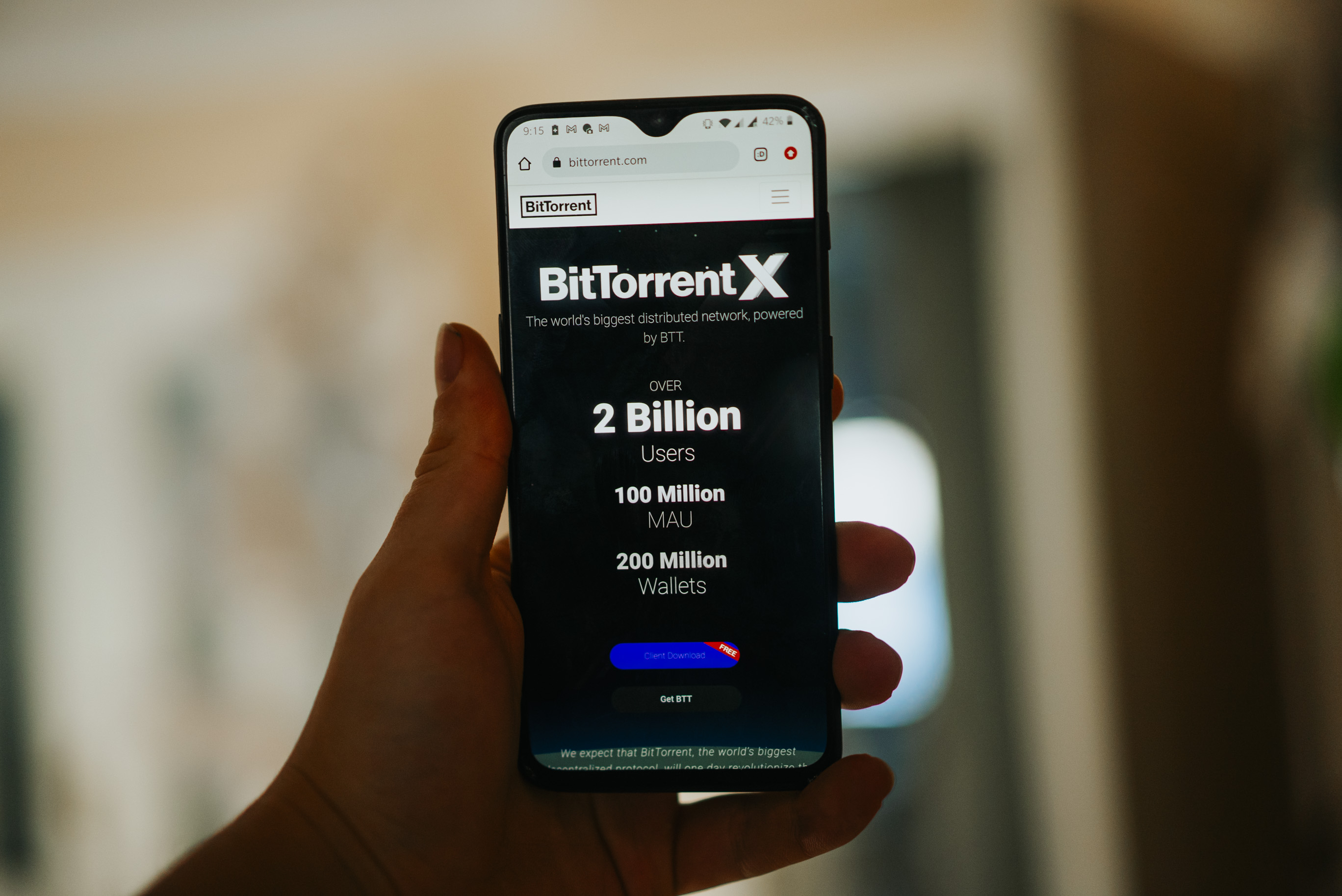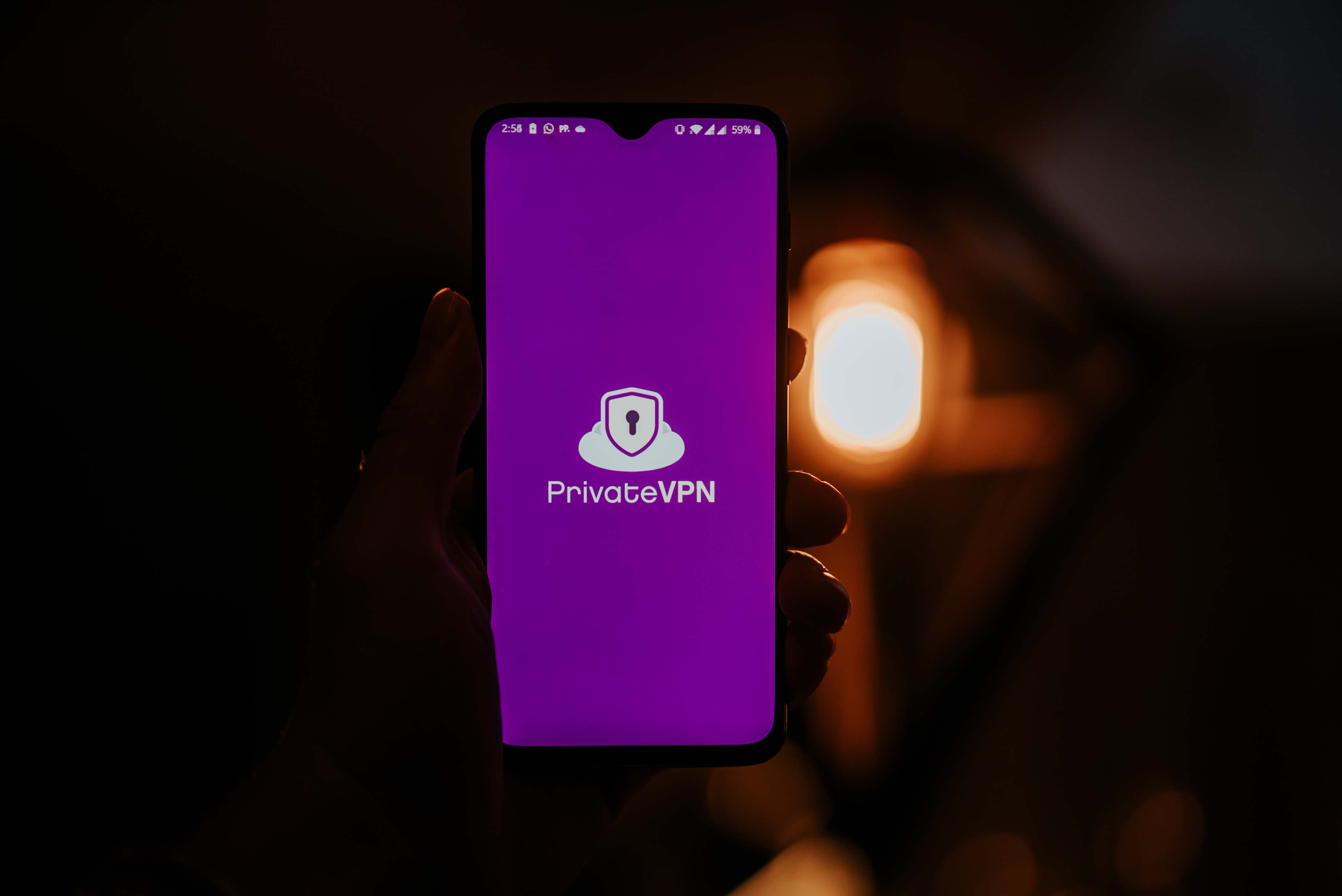Looking to find out what does torrenting mean? After all, it often holds the fear that’s comparable to someone saying “Lord Voldemort” in Harry Potter. The reality? The meaning of torrenting isn’t to be as feared, once properly understood.

The traditional way to download files? You go to a website and download a file, which often is directly on the website of the company you want to download the file from.
The limitation of that?
That your downloads can only be as fast as the servers of the website.
...And most websites on the internet don’t have the fastest servers, because servers cost money.
But there’s also a catch to downloading directly.
When you carry out an HTTP download of files, the more people that are downloading at the same time, the more the speed of the download needs to be divided by, which further slows things down.
Torrenting solves that issue allowing people to download big files at much faster speeds, essentially by allowing you to get a file you need, from several different people, rather than being limited to that one server.
How exactly is that done?
Via a method of "you get but you gotta give too."
Downloading a file via torrenting requires you to host that file too, making it easier for others to download the file in the future.
That's also the limitation of torrenting though because it means that popular files are great for downloading, but the files that aren't that popular, are harder to get, and, sometimes almost not possible to get, especially when the people that are hosting the file have their computer turned off.
HTTP downloading is terrible when it comes to big files due to limited download speeds. You might be thinking that it's your internet that's slow (and it might be too, sometimes purposely slowed down by your internet provider) but it's often simply where the file is that's an issue. On the other hand, HTTP files are there for download, all the time. That isn't quite the case as far as torrenting is concerned. As long as the file is popular, you are fine, but when it isn't, well, then you might have issues.
So there are pros and cons to both, but ultimately, at the end of the day, torrenting is a much faster solution for downloading files, in most cases. But then comes the question of whether torrenting is legal in 2021 and going into 2022.
Is torrenting legal? 100%. The act of torrenting in itself is not harmful as it’s merely a way to download files faster, via the peer-2-peer method.
...But once you get associated with something, it is very hard to remove that association.
Therefore in 2021 and going into 2022, it is assumed that torrenting is not legal, but if one simply researches what does torrenting means, then it’s very easy to realize that torrenting in itself is 100% legal as it's not the act of torrenting that's illegal, but downloading of illegal files or in some countries hosting of them.
But while torrenting is legal, that in itself does not mean that it’s not punishable even if you download legal files.
That’s because your internet provider, while in theory is meant to obey certain laws and rules, very often doesn’t, and instead carries out internet throttling. Especially since most people aren’t going to do anything about it.
What is internet throttling?
It’s when your internet provider restricts your internet bandwidth, often in the name of eliminating congestion, which results in your internet working slower than usual. If you ever wondered how certain websites work much slower than others, that's your answer.
...But while internet throttling on paper happens in the name of eliminating congestion, in reality, it’s a lot more complicated than that. ISP’s often decide what content they want to throttle. If they are in some ways tied to a specific streaming service, you will often see other streaming services work much slower. And well, in your case, almost all internet providers hate torrenting so when they see it, regardless of the fact that what you might be downloading might be legal, they implement internet congestion, slowing down your download speeds. In theory, they shouldn't do that, but they do it anyway.
And that’s where PrivateVPN comes in as a VPN service that solves that issue.

What exactly is a VPN service? For millions across the world, it's a way to stay protected online, primarily via an IP change, but also via encryption.
In this case, an IP address change and encryption will allow you to mask your internet activities which will firstly protect you overall on the internet, but secondly, since your internet provider won't be able to see what specifically you are doing, it won't throttle your internet connection when you are torrenting.
PrivateVPN currently has over 200 different servers allowing you to connect to many regions across the world, and it also supports connections on up to 10 accounts at the same time, per account, meaning that you could power up all your devices at home, at the same time, for different purposes. Most importantly, it comes with a ZERO Data Logging Policy, 2048-bit Encryption With AES-256, and port forwarding, a feature vital for torrenting.
Torrenting does bring some dangers though.
If you were to decide to go with the route of illegal downloading of files, because of how torrenting works, you would also be sharing them with other people. While downloading pirated files is not strictly illegal everywhere, distributing them, in almost all cases, is.
And that's an important thing to look at when thinking of torrenting.
And of course, as far as illegal files are concerned, it's always important to note that whenever something that isn't free is free, there often is a cost, and that could potentially be a virus or malware, that could result in your computer becoming unusable.
Torrenting is legal in 2021 and is used by many companies across the world to make downloading files much easier and faster.
But it is important to know that not everything you torrent is free and that even if downloading an illegal file in your country might not be illegal, that sharing it, on the other hand, might be.
As to PrivateVPN, we have over 1,000 reviews with an average rating of 4.9 out of 5 of Trustpilot, but don’t take people’s word for it. Try it out yourself.
Written by Michael Smolski.